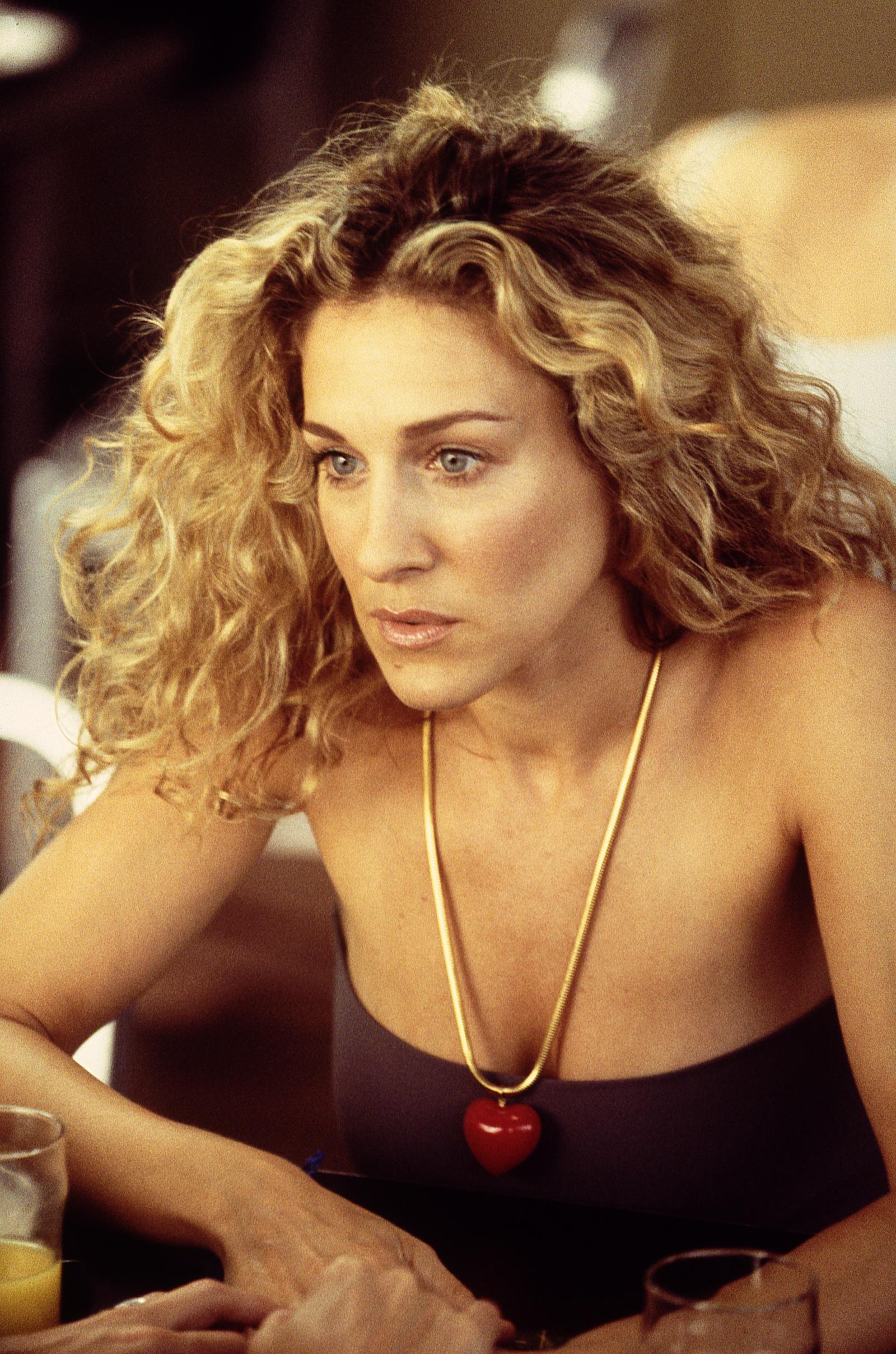In an odd piece at the Atlantic that mostly seems to be an excuse for her to tell us how disgusted she is by Girls’ Hannah Horvath, Jamie Taraby takes aim at television for featuring a lot of female characters who happen to be writers:
So why must the women of these definitive, sexually-aware series for these generations be writers? Is there now an expectation that writers are so thrilling to be around? This is truly debatable. Does this mean that creative people are the only ones who really question their destiny, their identity, and their sexuality? Because that’s obviously not true. Does it add drama to the storyline? I’m not sure. I guess if Hannah wanted to be a lawyer instead of a writer she wouldn’t get much empathy from the rest of her “generation,” what with the whole Occupation protests etc. If she had a profession that required real dedication—going into an office every day or having to be accountable for her work every day—she wouldn’t have the time or the distraction to spend two days in a Brooklyn brownstone sleeping with a divorced doctor and playing out a fantasy (ironically, of a life with pretty things that one assumes she could get if she had one of those jobs…).
There’s much that’s strangely dismissive about Taraby’s argument—a war correspondent, would she be more interested if Hannah was reporting from Guantanamo or embedded with a military unit in Iraq? Plus, its initial premise is flawed. There are lots of female writers on television, but there are also a ton of female cops, doctors, layabout Real Housewives, chefs (or their variant, cupcake bakers), and teachers. Writers are popular characters because their jobs lend themselves to procedural storytelling. The story (or column, or book) has to be filed, the 8 o’clock news has to be read, and the narrative of how those tasks are completed makes for reasonably compelling drama.
What makes writing or reporting different from other positions commonly held by women on television is that it allows women to have egos, and to treat their own interpretations of events as if they’re important. Carrie Bradshaw’s column is a way for her to turn her personal dating experience in New York into something that has value for other women in the city. Susan Berg on Political Animals fights to tell Elaine Barrish’s story because she believes she has unique insight into the Secretary of State. On House of Cards, Zoe Barnes’ reporting ultimately allows her to redeem herself as an independent journalist. In television, an industry in which very few women ever get to tell stories about characters who are like themselves, is it so surprising that some female characters who do make it onscreen are trying to grab control of narratives and assert the importance of their own lives?
Even if Tarabay isn’t interested in Hannah Horvath, both Sex and the City and Girls are sly comments on the state of publishing. When she ran into financial trouble, Carrie could turn to writing for Vogue to supplement her income. But a city generation later, Hannah lets one editor talk her into trying cocaine for a measly $200 a pop and tells another she can turn around an e-book in a few weeks for a presumably negligible financial return. The dream of being a writer in New York is a sorely diminished one. Both women may seem self-absorbed, but their readings of their own lives, and the ways their shows frame their work in a larger context, are a lot more nuanced and interesting than Taraby gives them credit for.
